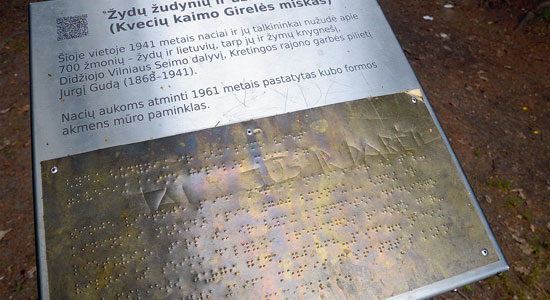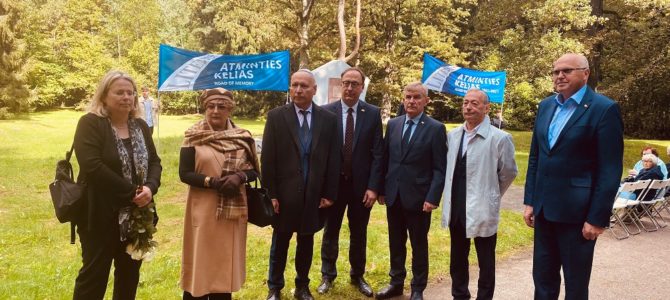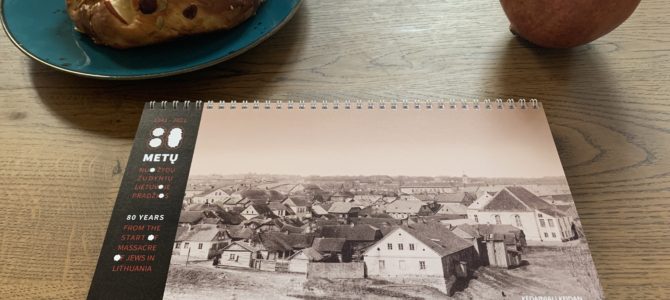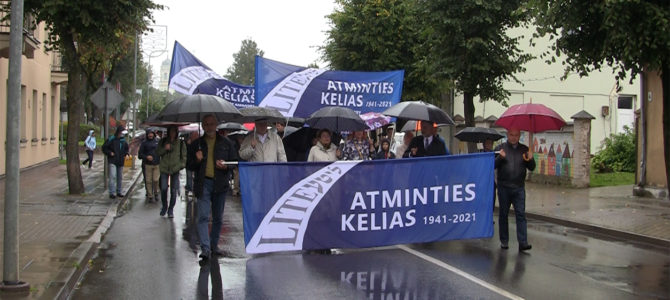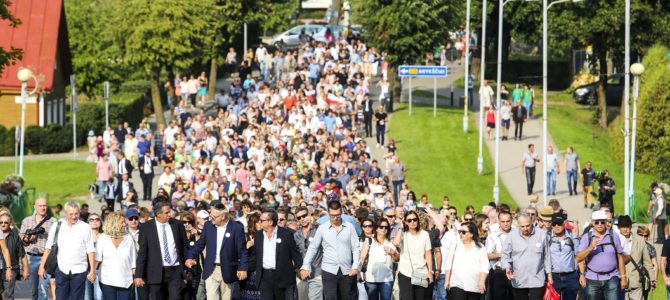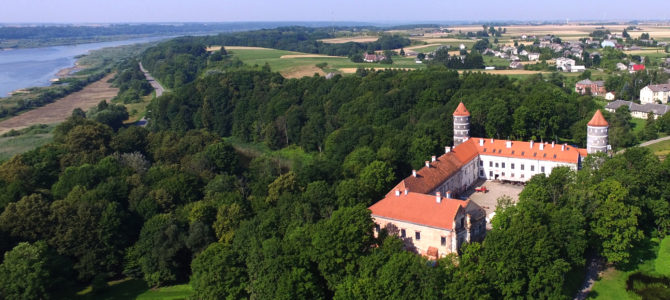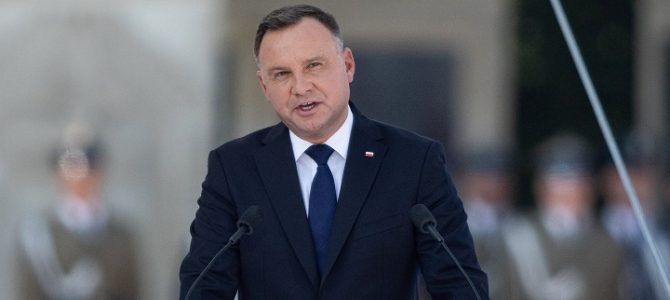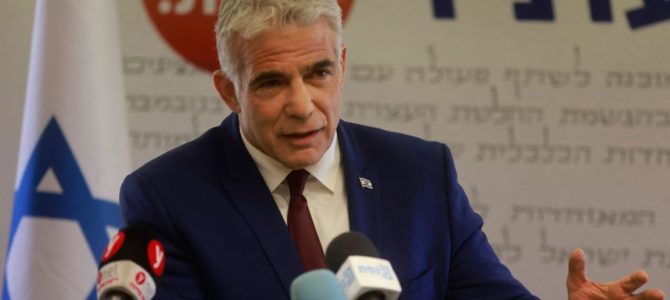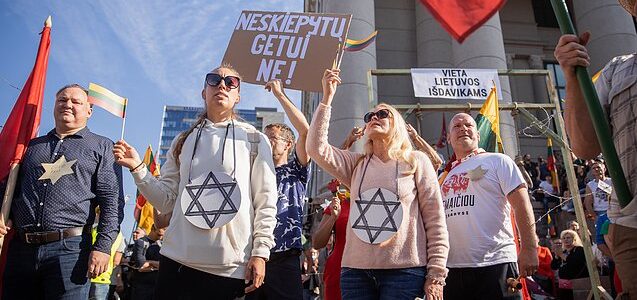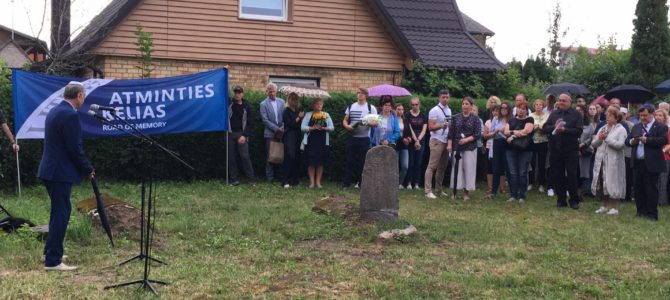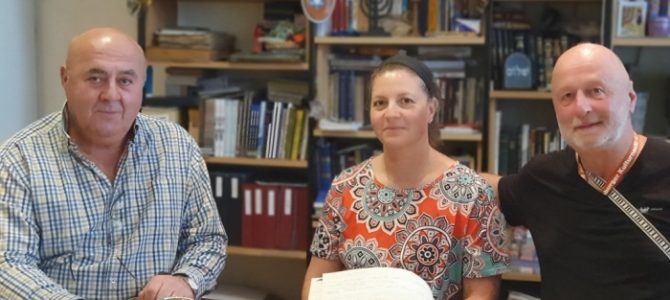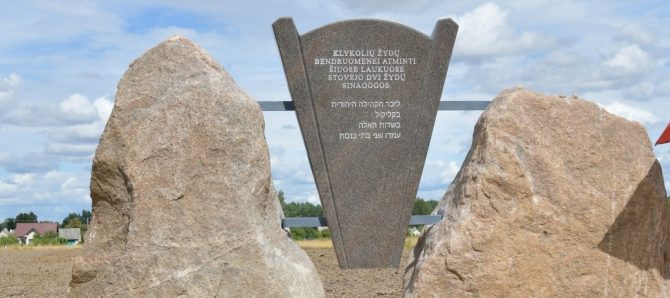While Lithuanians and Litvaks spent much of June, July, August and now September of this year marking the 80th anniversary of the beginning of the Holocaust in locations around the country, vandals attacked a Holocaust memorial in the Kretinga region for the second time in two years.
The memorial marks the spot where about 700 local Jews were murdered in 1941. Kretinga alderwoman Sigita Riepšaitė said the monument was first attacked two years ago just four months after it was erected, and that the cost of repairs was roughly half the total cost for the monument to begin with, which was around 900 euros.
Lithuania’s LNK News reported the alderwoman had made a police report regarding the metal plaque attached to a large stone at Kviečiai village in the Girėlė Forest. Riepšaitė said the police were taking the report seriously at least partially because this is a repeat crime.


